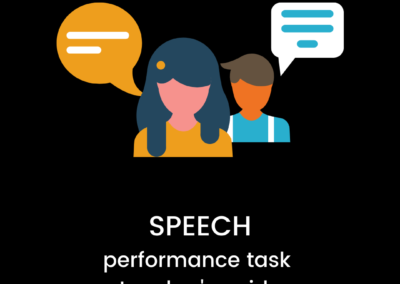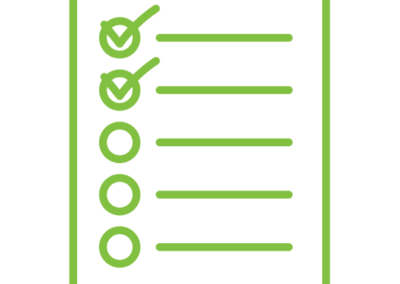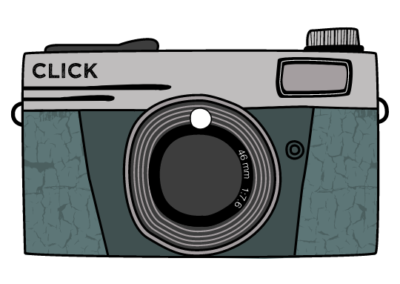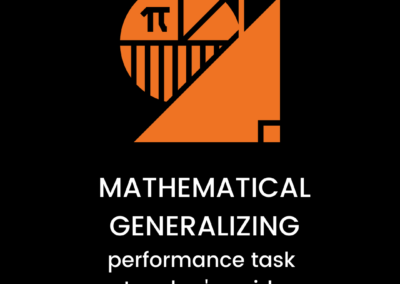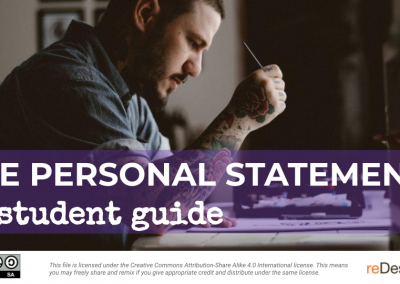
Description
The Personal Narrative Performance Task Guide supports teachers in guiding students through the creation and sharing of a narrative essay.
As children, we grow up with stories that capture our imagination, teach important life lessons, and provide a window into the experiences and perspectives of others. As adults, storytelling — and specifically, narrative writing — is a highly valuable skill with far-reaching applications. Many professionals choose narrative writing when trying to communicate important ideas to large audiences: a nonprofit leader uses stories of impact to engage supporters and generate resources; a lawyer uses narrative form in the closing argument to appeal to the emotions of the jury; a documentary filmmaker sways viewers to reconsider an opinion previously held on an important social or environmental issue. In the college admissions process, our students will be expected to make a compelling case for their acceptance, and the artful crafting of a personal narrative will be essential to their success.
Opportunities for Student Choice
Student choice can be encouraged in a number of ways. Students can choose the event to retell and/or they can choose the occurrences within the event to include and emphasize or discard due to significance or lack thereof. They can also choose the resources they review and/or the audience for their writing.
Authentic Task
Narrative writing is used in many professions besides that of a professional writer. Many professionals choose narrative writing when trying to communicate important ideas to large audiences. Health care professionals may use narrative writing to tell the story of those with a medical condition or disease as a way to encourage others to take precautionary steps; or the closing argument in a court of law may be in narrative form to appeal to the emotions of the jury. Historians also use narrative writing to retell accounts of the past. Persuasive writing often begins with anecdotes, as do political speeches. Almost any form of media contains narrative writing, including advertising, movies, television, drama, news broadcasting, and even music.
Opportunities for Exhibition to an Audience
There are many possible audiences for narrative papers. If students are writing autobiographical pieces, they may choose to use these as speeches at a school assembly or commencement ceremony. Students might choose to compile their works into a magazine to share and distribute with fellow students, or they might submit narrative writing to local newspapers or magazines for possible publication. Students can create their own class wiki, or put their papers together into a book on a self-publishing site like blurb.com. Students might also decide to read narrative pieces to, or provide a video of themselves reading to, students in younger grades to motivate other young writers.
Grade Level Exemplars/Models
-
Elementary School: http://www.thewritesource.com/studentmodels/we-speech.htm
Middle School: http://www.thewritesource.com/studentmodels/ws2k-racism.htm
High School:
- http://www.thewritesource.com/studentmodels/wi-theclimb.htm
- http://www.thewritesource.com/studentmodels/wi-medford.htm
Mixed Grades:
Formative Tasks

